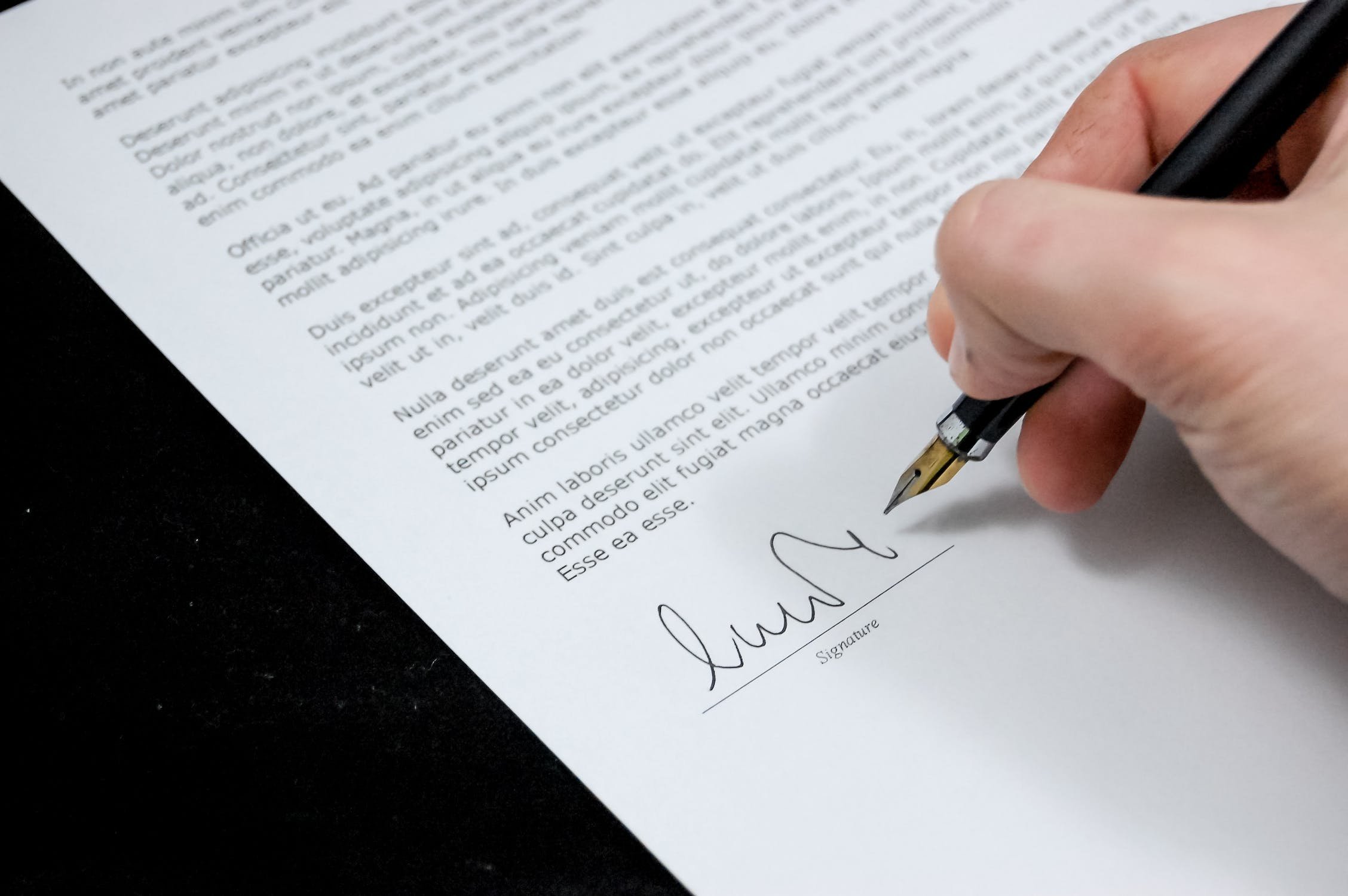How Writing Has Changed My Life
By Kate Calamatta
The piece of writing that changed my life is in a cardboard box on a shelf under my husband’s desk. It’s buried amongst other old documents, past rental agreements, utilities bills, and the immunization records of pets long dead. It had been there for so long I almost forgot it was in my possession. One spring morning, while engaging in the gloriously stereotypical act of spring cleaning, it found its way back into my hands. When I realized what it was, my heart clenched, like someone had reached in and given it a hard squeeze. A thirty-year-old piece of writing. Not a story, not a poem or an essay on the current state of human affairs, but a police witness statement. Spoken aloud by me for over four hours and dictated by a highly professional and patient detective inspector.
It was daylight when we started, dark by the time we were done. The room was small and musty. The desk, practically an antique. I was scared at the beginning. Still second guessing whether this is what I really wanted to say, to commit to paper. At the start, I understood that things were going to change but I had no idea the multitude of ways in which this decision would impact my life. I began slowly; I spoke, she wrote. It was a story, in a sense. It had a beginning, tension building and conflict manifesting. It had the dark night of the soul, a moment of no return. Then, there was the bid for freedom, the escape from an antagonist. The return to normal life but changed. All present in this story. A story within a story. When the room was dark and my voice was tired from talking, I felt relief, the unburdening of sharing. It was all there, every detail, every moment of guilt and shame. Each page I signed yanked my experience into reality. Made that which I had fought to hide, real.
I could not see, at the time, that the statement would begin a life of its own. In the years after I wrote it, it became central to the lives of others. Firstly, the police. Then defense lawyers, prosecutors. The local educational authority, civil lawyers, psychologists. I believe my parents even got to see it although the knowledge of that now fills me with shame. I created the writing and gave it away. Let the document fulfil its purpose and travel its own course. Others owned it, others imbued it with meaning.
As the years passed each drop of utility was wrung from the statement until it had nothing more to give. Flawed and impotent justice marched along as it always has, and will always do, for countless men and women who have been abused. When everyone finally decided that nothing more could be done, copies were likely destroyed or filed. One copy, mine, was placed into a cardboard box which eventually ended up on a shelf.
Thirty years passed and I became that which I swore I would not. I hid my past while unable to escape from under its ever-present impacts. The complexity of childhood trauma: lack of trust, guilt, confusion, shame. It lives in my head like a gnome, whispering words of spite that can take me from the heights of joy to the depths of despair in a moment. We are almost required to forget why we’re like this. Where the doubt and fear came from. After thirty years I refused to make the connection. Who would want to do that? To accept that you have been changed by that which you promised would not destroy you? Victimhood is failure, isn’t it? I ask for other answers: am I unhappy in my job? Do I have some kind of neurodiversity I’ve never accepted? Is it just normal to feel like this?
Until I find the cardboard box. My statement is long, nearly fifty pages, and the details are explicit. Every moment my 17-year-old self could recall of her 15-year-old self was captured. Every wrong touch, every locked door, every time she tried to get help. All of it is there. I cry for her, the child I once was. That no one helped her despite so many seeing the truth. That she was so betrayed by the people she trusted. All that had happened, should not have happened and she was let down.
This piece of writing, this statement of truth, is a gift from my younger self. It shouts, ‘you are not to blame’. She is at my core and childhood trauma is fundamental to who I am. Others may have owned my writing, the police, lawyers, education leaders. Even my parents may have held some of it as part of their story. Now, it is mine to own, alone. It belongs to me and is a part of me. These are the cards I was dealt and no daydreams of an alternate way of being will ever change that.
When you write something, sometimes, you will not recognize its impact until thirty years later. When you do, it can remind you of who you are and express a fundamental truth: it is okay to not be okay.
Kate Calamatta was born in the UK, but luck and circumstance brought her to Seattle. Folks assume that as a Brit she’s used to the weather, but she is not! She counters the gray by writing as much as possible and enjoying both the locally brewed libations and the water. Not necessarily at the same time. Kate’s dreams are science fiction, but she walks through a world of magical realism. She has written non-fiction, fiction, newspaper articles and the occasional research report. She got a PhD in sociology many years ago which still causes her some delight. You can find her at: www.katecalamatta.com

